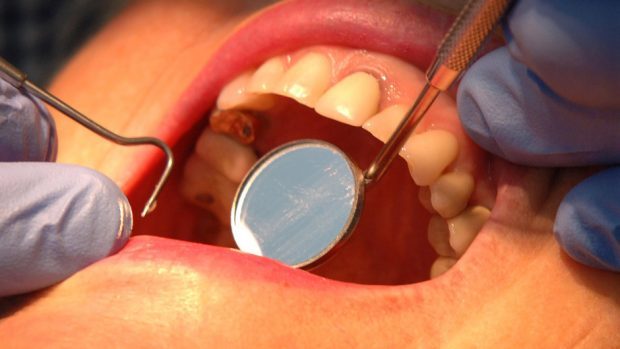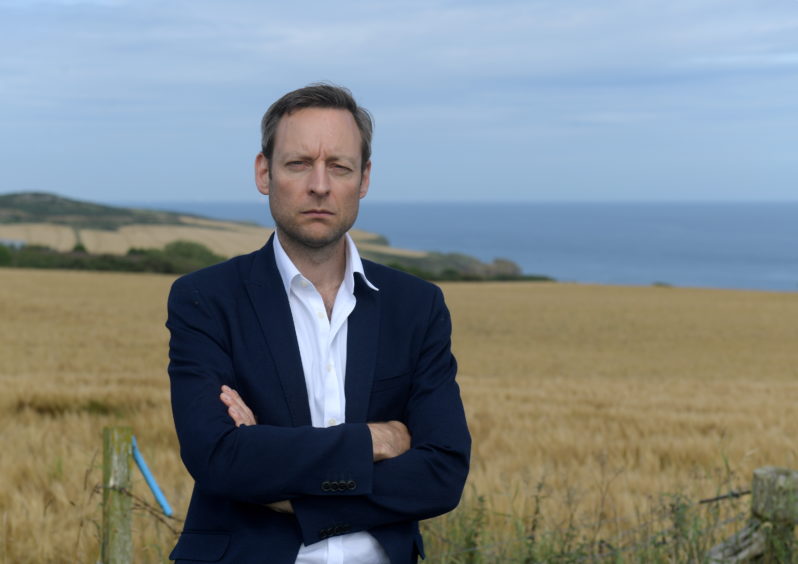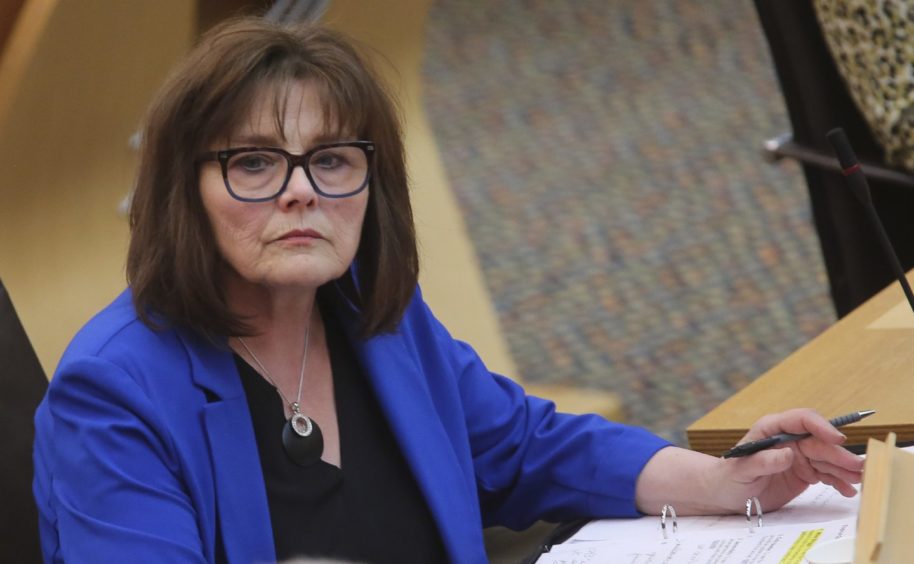A north-east MSP has warned that NHS dental practices “may not survive” the coronavirus lockdown after government funding was cut by 20%.
All Scottish dentists were closed without consultation on March 23.
Unlike other NHS areas, such as optometry, pharmacy, and GP surgery, Scottish government money to dentistry was cut by one-fifth.
More than 700 practices, which treat around 2.7 million Scots, have formed Scottish Dental Practice Owners (SDPO) to ensure patient safety and the future of practices.
According to the SDPO, 23 of the practices are members in the Grampian area, serving around 120,000 patients.
Now, the group has written to the SNP health secretary to say most dental practices will feel an immediate impact when payment holidays end and staff come off the UK Government’s job retention scheme.
A survey of members found 91% of dental practice owners thought they would either close or were unsure whether they could survive the current crisis – and they have “received little contact” from health boards about receiving PPE.
Scottish Conservative MSP, Liam Kerr, has backed the SDPO and called for urgent clarity.
He said:”This policy is now putting north-east dentists and 120,000 patients at risk.
“As the professionals themselves say, there have been no diagnoses, examinations and further investigations over a period of 11 weeks, with further delays now anticipated.
“If the dentists performing NHS work are telling us their businesses may not survive, that’s got to be treated as an emergency.
“Closed practices will mean longer waiting lists and the potential for a decline in dental health.
“If a dentist goes bankrupt, they can lose their registration, so when they are gone, they are gone.”
The letter to cabinet secretary Jeane Freeman said: “Whilst we are familiar with the added pressures within health board offices, many of us have received little contact from health boards regarding PPE provision and instructions regarding mixed practices in terms of what they can and can’t do with private patients, almost all practices are mixed.
“In July all payment holidays, including mortgages, will cease, nurses will have to be taken off furlough, owners will have to contribute further to those staying on furlough and there will be an increase in consumable and set up costs.
“We will also have to pay for some lab bills with no patient contribution or extra funding. As a group we have had to take out business loans to help us support our businesses. Where other healthcare groups… have been supported at 100% we have been expected to place ourselves in more and more debt.
“If a principal dentist were to lose their business and go bankrupt, then they would no longer be able to apply for a list number and may lose their GDC registration and full livelihood.
“This in turn would result in the recurrence of unmet dental need in Scotland.”
A Scottish Government spokesperson said: “The remobilisation of NHS dental practices is an extremely complex process and the health and safety of all dental patients and staff is the main consideration.
“The Scottish Government has listened to the concerns of dentists throughout the Covid-19 pandemic and established new measures to ensure the financial sustainability of NHS dental practices during this difficult and uncertain period, so they are ready to see their patients as soon as they are able.
“NHS Health Boards established 56 urgent dental care centres on day one of lockdown and there are now 69 operating across Scotland. In May over 10,000 patients with acute dental problems were treated at urgent care centres and advice was provided to over 20,000 people by telephone.
“The Chief Dental Officer and his team are in regular contact with NHS Boards to ensure dental practices have clear guidance on appropriate procedures for seeing patients.
“They have worked closely with the NHS Scotland procurement teams to ensure a robust and sustainable supply of PPE is available to NHS dental practices in the recovery phase, including the supply of three million pieces of PPE which have been delivered to NHS Boards for onward distribution to dental practices.”


